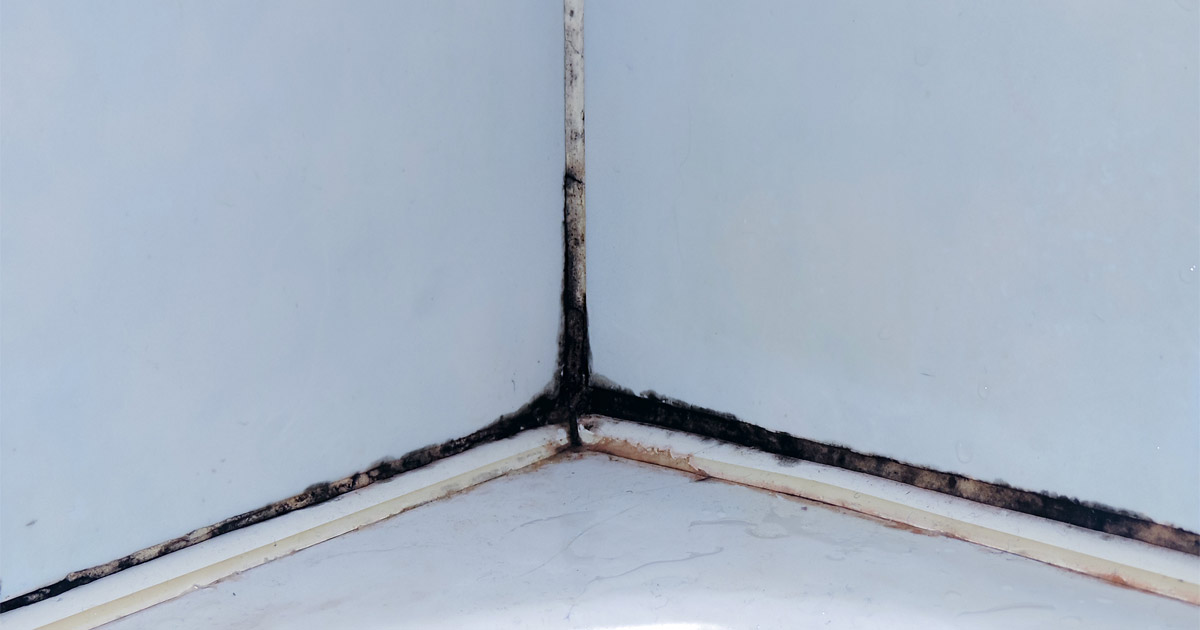MENU
- Home
- Overview
- Attorneys
- Practice Areas
- Firm News
- Blog
- Contact

Exposure to toxic mold in a residential or commercial property can lead to serious health concerns. Mold-related illnesses may include respiratory problems, skin irritation, fatigue, and in some cases, long-term medical complications. Tenants, employees, and property owners may experience mounting medical bills and disruptions to their lives due to poor indoor air quality linked to mold contamination. Legal action may be available to those who suffer harm as a result of mold exposure.
Mold grows in damp, dark environments with poor ventilation. Leaking roofs, broken pipes, faulty HVAC systems, and flooding are frequent sources of moisture that support mold development. In many rental properties, mold grows behind walls or under floors where it remains unnoticed until symptoms appear.
Landlords, building managers, and contractors may be responsible for contributing to mold growth by failing to address water intrusion or using construction materials prone to trapping moisture. Inadequate maintenance or inspection practices can allow mold problems to worsen over time.
Mold exposure can trigger allergic reactions like coughing, wheezing, and sinus congestion; some individuals experience asthma attacks or develop chronic respiratory conditions. Prolonged exposure can cause more serious complications, especially in those with compromised immune systems or preexisting conditions.
Black mold, also known as Stachybotrys chartarum, is frequently associated with more severe health problems. Symptoms may include headaches, fatigue, nausea, skin rashes, and neurological effects. Medical documentation and expert evaluations are necessary to connect specific health symptoms to mold exposure.
Liability for mold-related illness can extend to landlords, property owners, contractors, building managers, or employers. In rental housing, landlords typically have a legal duty to maintain a habitable living space. If a landlord fails to address known water leaks or mold contamination and a tenant becomes ill, the tenant may pursue a legal claim for damages.
In the workplace, employers have a responsibility to provide a safe environment. Mold in offices, warehouses, or other facilities may create conditions that impair employee health. Contractors who performed negligent construction or repairs may also be held accountable if their actions contributed to mold formation.
Successful claims generally require proof of the presence of mold, documentation of related health effects, and evidence that a responsible party acted negligently. Photographs of mold growth, property inspection reports, maintenance records, and correspondence with landlords or property managers may support a claim.
Medical records and diagnoses linking health problems to mold exposure are key elements. A plaintiff must also show that the responsible party knew or should have known about the mold and failed to address it in a timely manner. The strength of the evidence often determines the viability of the claim.
If mold contamination makes a rental property uninhabitable, a tenant may have the right to terminate the lease. State landlord-tenant laws vary, but in many cases, tenants are permitted to move out if a landlord refuses to address a serious issue affecting health and safety. Before taking this step, tenants may be required to give written notice and allow a reasonable time for repairs.
Tenants may also be eligible for rent abatements or reimbursement for alternative housing if they are forced to leave the property due to mold exposure. These rights depend on the terms of the lease and the laws of the jurisdiction.
Our experienced Wilmington environmental lawyers at Jacobs & Crumplar, P.A. are ready to assess your situation and discuss the available legal options. For a free consultation, submit our online form or call 302-656-5445. Located in New Castle and Millsboro, Delaware, we serve clients in New Castle County, Kent County, and Sussex County.